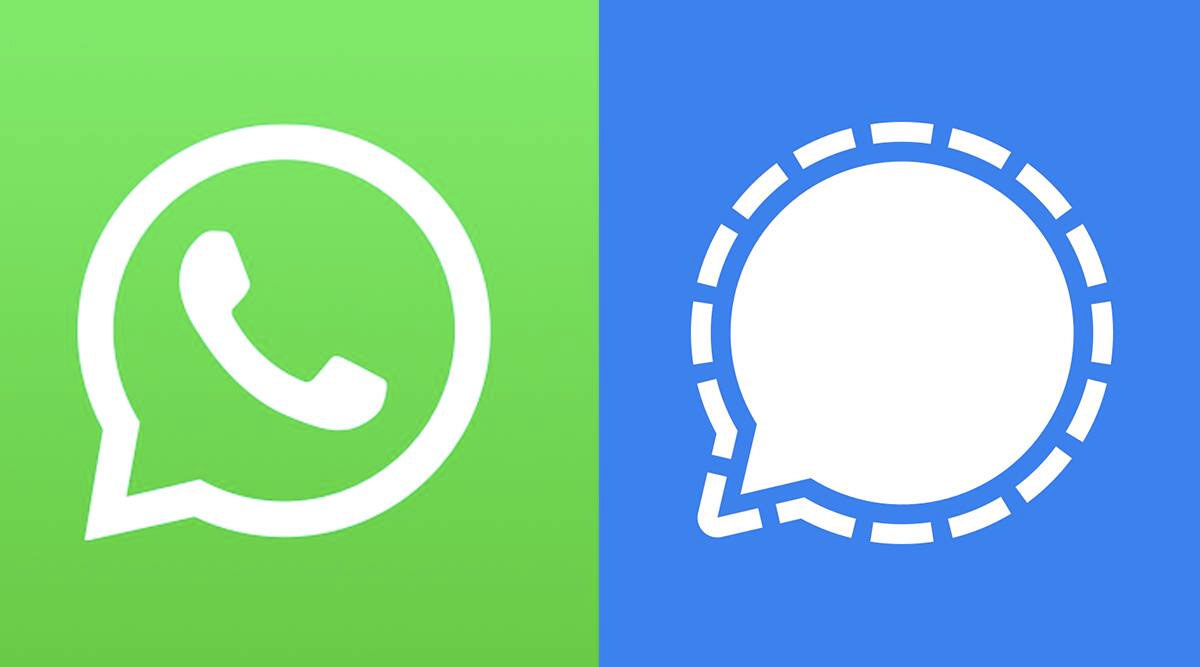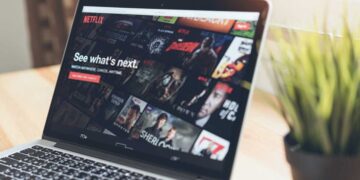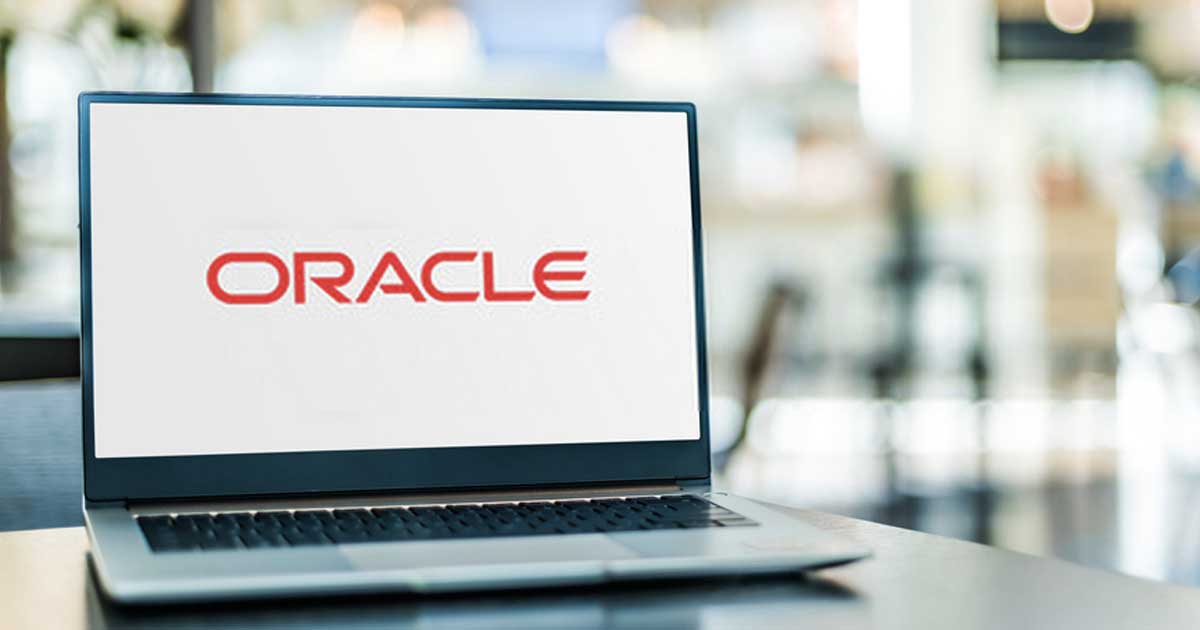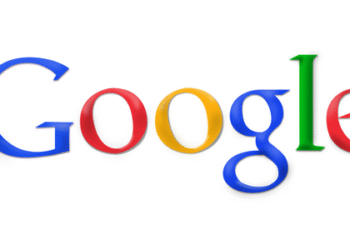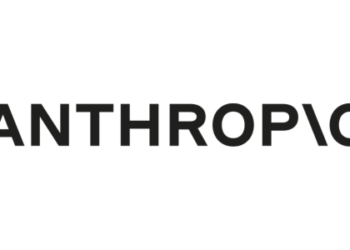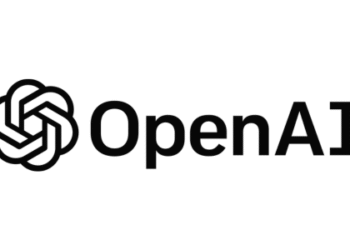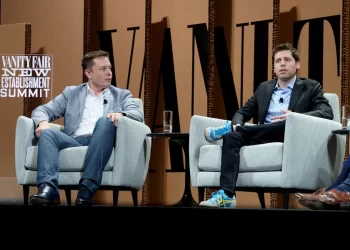It is uncertain to assume that your data is safe in the coming-of-age technology we use today on a regular basis.
A Take on WhatsApp
With over 2 billion users, WhatsApp is one of the biggest global messaging platforms. It ranks 3rd after Facebook and YouTube as the most used social media platform. A communication tool for users & businesses which allows free messaging and calling using only an internet connection (or a mobile plan) which has established itself as essential.
Features
- Free Voice and Video Calls, even for internal calls.
- Supports sharing of files for all kinds of documents, such as PDFs, spreadsheets, word documents, and slideshows.
- Voice messaging to deliver time-sensitive information.
- Group chats with a limit of 235 participants
- Broadcast List: Sending several recipients a message at once, without forming a group.
- End to end encryption: Secure messaging visible only, between sender and recipient.
- WhatsApp Web: A desktop supported the extension of the platform. Which when synced between your mobile app and computer, mirrors the conversations and messages.
- WhatsApp Pay (available in select countries): In chat-payment feature which allows transactions between WhatsApp contacts, through UPI.
- WhatsApp Business was mainly created to support small business owners. It offers features such as a business profile, a catalog to showcase products, quick replies, and labels.
- WhatsApp Business API created to tailor a business suite for larger companies, which power communication to a wide scale of global clients.
The current situation for WhatsApp
‘I’ll WhatsApp you’ has helped shape modern communications as we know, and it. Recently, WhatsApp had announced policy changes (Privacy Policy – Feb 2021) which state it would allow the sharing of some of the user’s data with some Facebook companies and/or Third-Party Service Providers associated with Facebook.
Some of the data being Device and Connection Information: hardware model, operating system, signal strength, phone number, mobile operator, IP address, app version, battery level, language, time zone, profile details, and contact details.
Another policy update stated that the end-to-end encryption would only work for personal users and no longer function for messaging a WhatsApp Business.
The policy also stated that if WhatsApp intended to introduce ads, it would update this Privacy Policy. Contrary to their earlier promised assurance of no ads, no games, and no gimmicks. The deadline was set till 8th February 2021, without giving users to opt-out or decline the update.
After receiving severe backlash, they issued a statement ‘Giving More Time for Our Recent Update’ to review this policy and the deadline has been pushed back to May 15.
A Big Moment for Signal
Similar to WhatsApp, Signal is a centralized encrypted social media platform. Which utilizes the users’ standard cellular mobile number and internet to enable communication. As of December 2020, it has more than 32.4 million total downloads, and the app had approximately 20 million monthly active users.
Features
- Free Voice and Video calls with up to 8 users, including long-distance and internal.
- File Sharing allows users to send text messages, files, voice notes, pictures, GIFs, and video messages with the use of a Wi-Fi or (mobile data connection).
- End-to-end encrypted is considered to be a standard norm for all Signal messages
- Set Signal as default: Android Users can make Signal the default SMS/MMS application then, use the same application to communicate with contacts who do not have Signal.
- Set timers to messages, after a specified time interval, the messages will be deleted from both the sender’s and the receivers’ devices. The time interval can be between five seconds and one week long
The current situation for Signal
After the severe backlash received by WhatsApp, Signal experiences an overwhelming surge in users who face an outage. On the 15th Signal appeared to be down just after a day of download. According to REPUBLICWORLD.COM estimates say it gained about 3 million users from India alone. It has currently addressed the situation in a series of tweets and is back and running.
An Unbiased Opinion
It is uncertain to assume that your data is safe in the coming-of-age technology we use today on a regular basis. We cannot fully define how secure a media platform is on the basis of who owns it or what it has promised. What if in a future possibility, Signal or any other platforms may be bought by Facebook, then which platform would the users flock to? Users would only leave a larger data print accessible to many more.
Therefore, it is crucial to note that your data is only safe in your hands.

